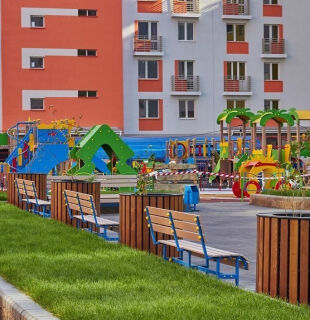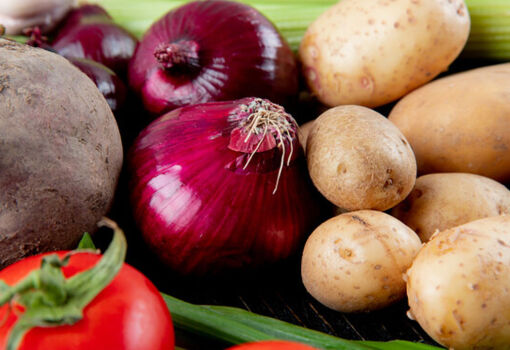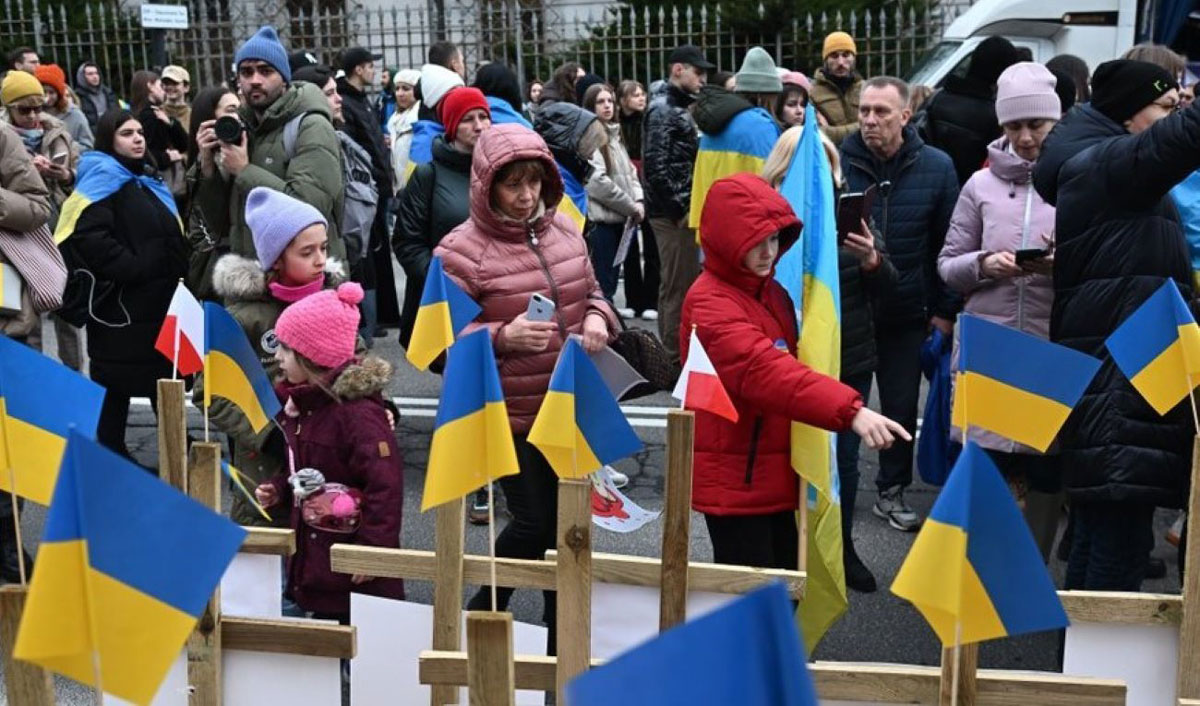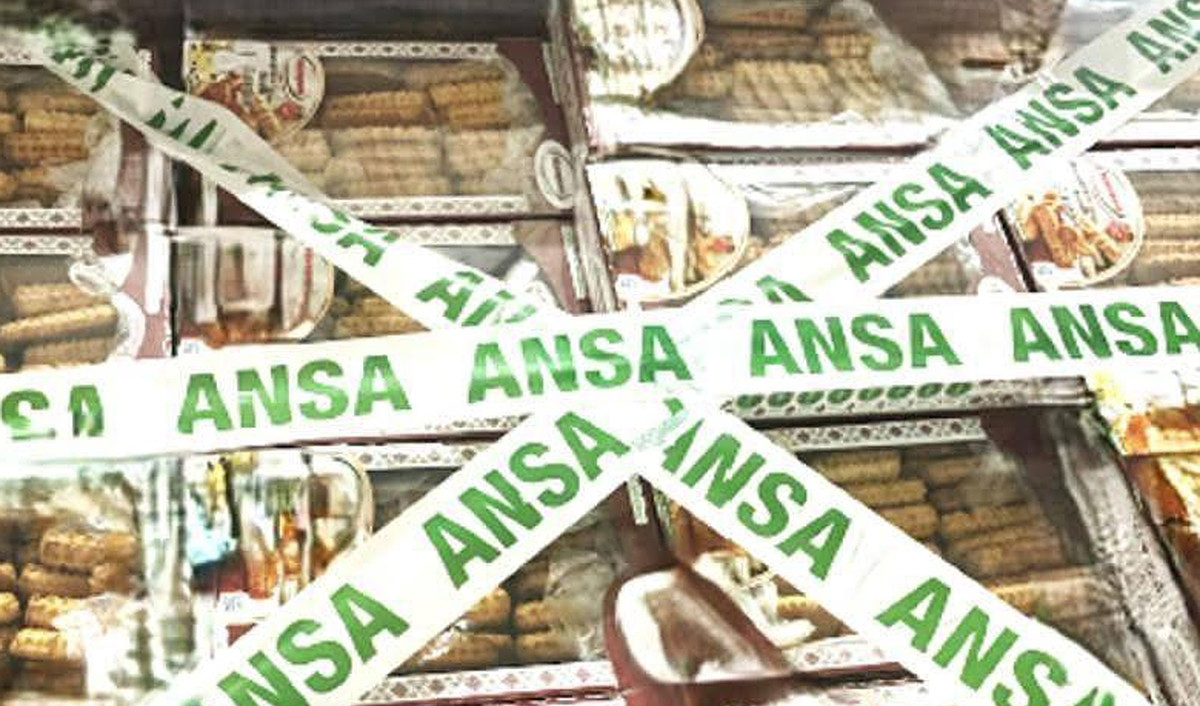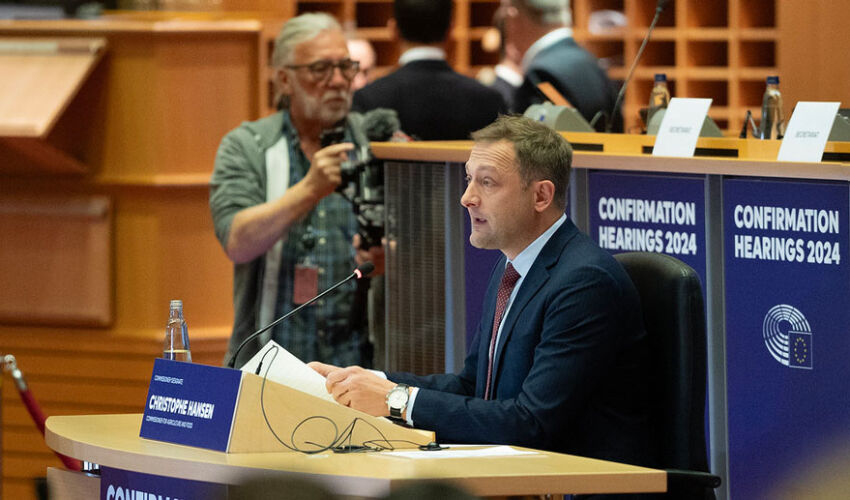
Christoph Hansen, European Commissioner for Agriculture
“The current measures will be lifted in any case. The EU Council has made it clear that they cannot be extended,” European Commissioner for Agriculture Christoph Hansen told MEPs in the European Parliament’s Agriculture Committee.
“The move marks a politically sensitive reset after more than a year of pressure from EU farmers and governments, especially from Poland, France, Hungary and Slovakia. Officials there claim that cheaper Ukrainian products have flooded local markets because of the extraordinary trade liberalization,” the publication wrote.
The temporary suspension of tariffs and quotas, dubbed Autonomous Trade Measures, was granted after the start of the war in 2022 and will end on June 5.
Ukrainian officials and farmers’ groups have warned that ending the current emergency rules would result in a 3.3 billion-euro drop in exports and a 2.5 percent drop in Ukraine’s GDP.
Moldova also received trade preferences from the EU in 2022 due to the war in Ukraine. They consist of an increase in export quotas for duty-free imports for seven Moldovan products: plums – from 15,000 tons to 40,000 tons; grapes – from 20,000 tons to 58,000 tons; apples – from 40,000 tons to 80,000 tons; grape juice – from 500 tons to 1,000 tons; cherries – from 1,500 tons to 3,000 tons; tomatoes – from 2,000 tons to 4,000 tons; garlic – from 220 tons to 440 tons.
These incentives have led to a sharp increase in exports of some of these products to the EU, such as plums and cherries.
The preferences for Moldova have been extended twice and they also expire in June 2025. So far, there has been no information from official sources that the EU Council will not extend them, nor about negotiations on their possible extension.




